You may have heard the saying, knowledge is power, can we then assume that lack of knowledge would make us powerless? I feel that is what has happened with medications called proton pump inhibitors (PPI’s). They have been around since the early 1990’s and have been life-changing medications for many patients coping with intestinal issues that prior to PPI’s, left them hating life.
The lack of knowledge part of this for the consumer is that PPI’s are indicated short term and can produce rebound acid secretion when they are stopped.
PPI’s are indicated for 4 to 12 weeks of therapy, for the majority of condition and then they should be stopped. This is directly from the package insert. Unfortunately, patients were often placed on these medications for a lot longer than what the medication was indicated for.
PPI’s block acid secretion and when we stop taking these medications we get a rebound acid secretion. You will not like this and it is positive reinforcement that you need to continue PPI therapy. So it feels like you will need to take this always to feel good.
They are also some of the biggest offenders leading to nutrient depletions including; B vitamins, calcium, magnesium, vitamin D, disruption of healthy bacteria, iron, zinc and others.
Now that I have explained so of the issues that surround the use of PPI’s that you might not have known, I will explain what is going on in your gut and what action you can do to help yourself and potentially get rid yourself off of your PPI.
Here is the lowdown on acidity of the gut. The pH of your gut is a measurement of both acid and alkaline balance. A pH of 7 is considered neutral, the human digestive tract varies greatly in pH. Saliva is often between 6.5 and 7.5, the upper portion of the stomach is a bit more acidic (or should be) with a pH between 4.0 and 6.5. The lower portion of the stomach, where the secretion of hydrochloric acid (HCL) and pepsin takes place, is much more acidic, between 1.5 and 4.0.
We need hydrochloric acid to break down and absorb vitamin B 12, calcium, iron, as well as fat and proteins from food. Hydrochloric acid is more than just a digestive aid, it acts as a first line of defense to various bacteria and viruses that can come through our foods.
Our pH can become altered from the natural aging process, unhealthy dietary choices, or from the over use of antacids. If the pH becomes to alkaline in certain areas of our digestive tract, our good gut bacteria can be destroyed, and overgrowth of bad bacteria such as C. Difficile may ensue.
When people come to me with heartburn or acid reflux, even though their body might need hydrochloric acid in the form of an oral supplement, betaine HCL, this is not where I like to start. The reason being, they could have an active ulcer, which betaine HCL might only make worse, or they could have excessive irritation from years of reflux and heartburn, which the betaine HCL could irritate.
The common therapy for heartburn and acid reflux is antacids. Where this might be appropriate for the short term, especially in the case of ulcers, as we mentioned, the long term can lead us down the path of nutrient malabsorption, losing our front line of defense against various pathogens, and altered pH.
Taking a PPI does 2 things, it increases the pH of your stomach making it less acidic and secondly, it almost creates a dependency on the medication. How can that be?
In a health intestinal tract, we have a mucosal lining that protects us from the acid we have in our stomachs. The lining can deteriorate or be compromised from many things including lifestyle choices and chronic use of NSAID’s like ibuprofen. If this lining is not intact and we get rebound acid secretion, it will feel horrible. It is kind of like hopping in a hot shower with sunburn, it doesn’t feel real good so we turn down the heat. The same thing is happening in your gut and that is why it is so hard to stop PPI’s.
So what can you do to help your GERD? First of all, if you think eating is a race, you are wrong. Slow down, chew your food 30 times with each bite and enjoy your meal. Chewing comes only second to smelling food in the digestive process. It releases amylase, which is a digestive enzyme to help break down carbohydrates. Chewing also stimulates the release of acid and pepsin in the stomach. Without acid, we struggle to digest our food and pepsin is a protein digestive enzyme.
The second thing would be to exercise. Exercising after eating helps aid the digestive process. I’ve said this before, “Sitting is the new smoking”, so get up and move. A byproduct of this is that you might lose some weight and that will help with your GERD as well.
In addition, eat smaller meals, don’t eat within 3 hours of going to bed, drink very little during your meal, elevate the head of your bed, limit intake of sugar and fried foods and clean up your diet in general
So you have tried the lifestyle modifications that are recommended above and you are still having problems. It may be time to work on the inflammation that is going on in your gut. We have several good nutritional supplements that help to restore that lining and get you feeling better. These supplements contain Glutamine, Aloe Vera, Licorice Root and Zinc Carnosine as well as other ingredients designed to improve the integrity of your GI tract. Keep in mind that what we are doing now affect how we will feel in 20 years.
My hope is that you have increased your knowledge by reading this article. Stop by the pharmacy or email me at pharmacy@irsfeldpharmacy.com , if you would like more information or need help getting off of your PPI or any GI issue you might be struggling to solve.
Until next time, be vigilant about your health!!
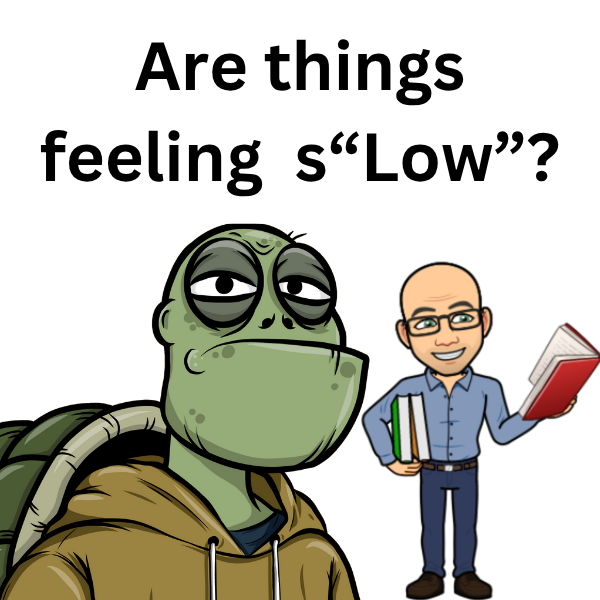

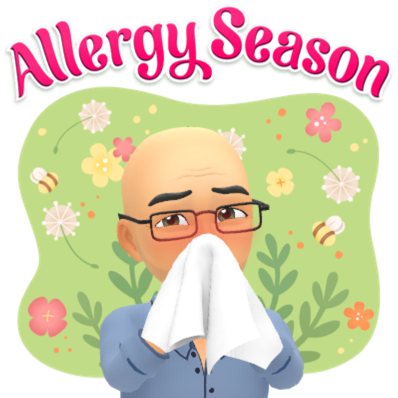
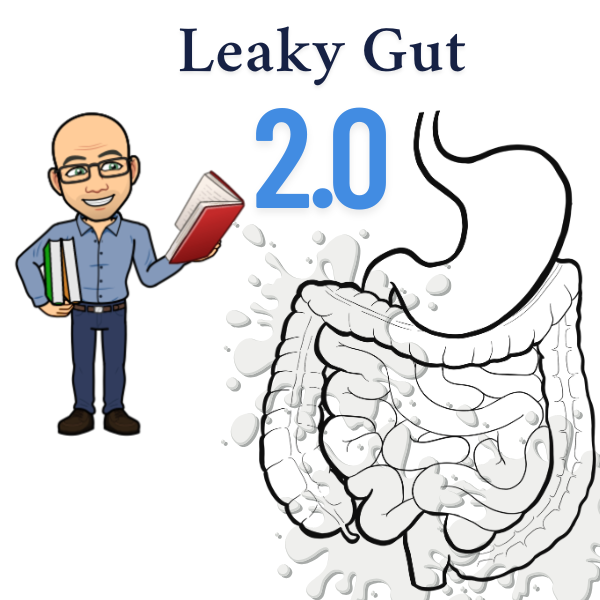
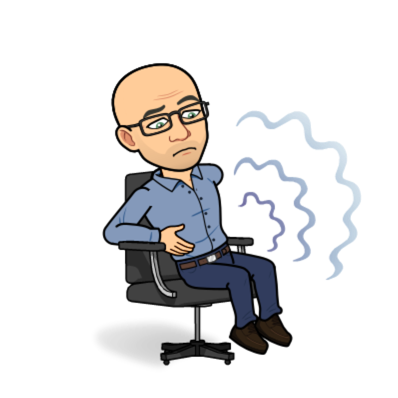
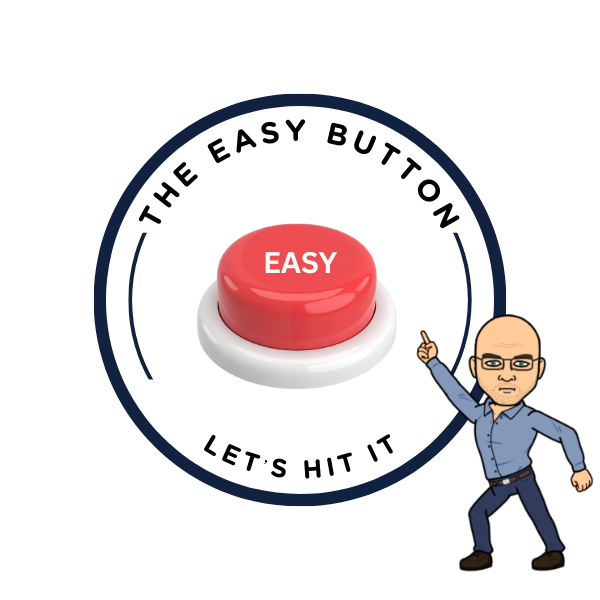

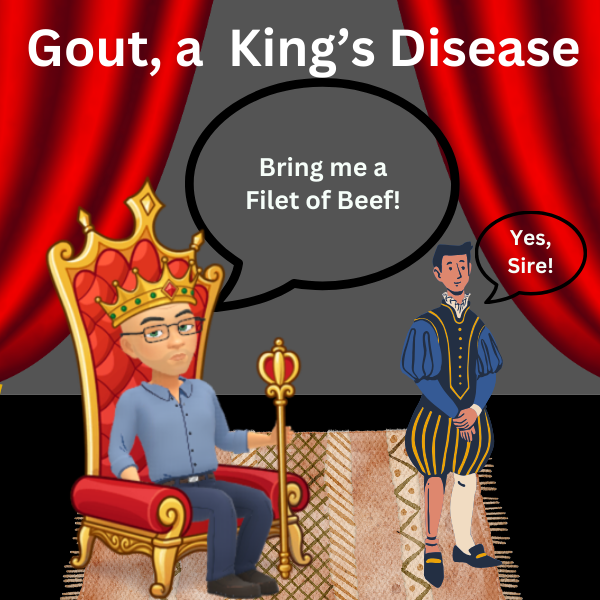


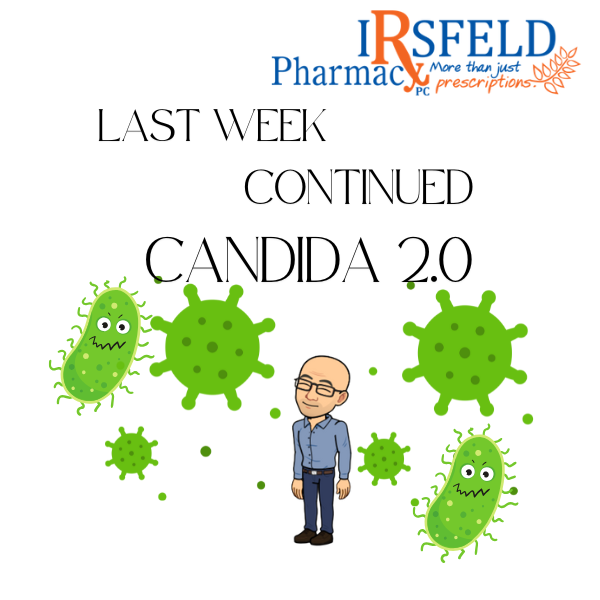
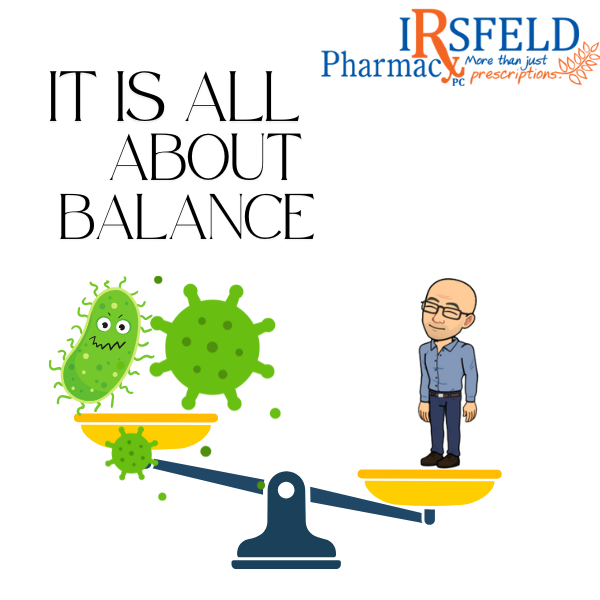
Share On: